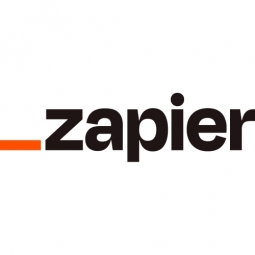Streamlining Recruitment Process: A Case Study on DoSomething.org
- Cybersecurity & Privacy - Identity & Authentication Management
- Telecommunications
DoSomething.org, a well-known non-profit organization in the United States, faced a significant challenge in managing the influx of applications for their internship positions. The organization's popularity led to receiving hundreds of applications for each announced position, all of which ended up in the inbox of the Director of Engineering, Desmond Morris. The existing process involved potential candidates sending their resumes and cover letters to a designated email address. However, this led to several issues, including applicants getting lost in the inbox, delayed responses to applicants, lack of a proper feedback mechanism from teammates, and the risk of missing out on good candidates. The organization recognized the need for a more efficient process to manage the recruitment and selection of interns.
DoSomething.org is a renowned non-profit organization based in the United States. Their mission is to motivate young people to take action for social change, and they provide grants to facilitate this. The organization is popular among young people, leading to a high volume of applications for their internship positions. The recruitment process was managed by the Director of Engineering, Desmond Morris, who was responsible for sorting through hundreds of applications and coordinating the selection process. The organization was in need of a more efficient system to manage the recruitment process and ensure they were selecting the best candidates for their internships.
Desmond Morris, the Director of Engineering at DoSomething.org, took the initiative to define an optimal process for recruiting interns. The new process involved announcing the position, screening initial applicants, conducting a short phone interview, reviewing code samples, and finally, a face-to-face interview. To manage this process more efficiently, the team decided to use Trello, a project management tool they were already familiar with. They set up a Trello board for each job position and created columns for each step in the process. Each candidate was represented by a card, which was moved across the columns as they progressed through the hiring funnel. To automate the process further, they used Zapier to connect Gmail to Trello. This allowed for the automatic creation of a Trello card in the 'apply' column whenever an applicant applied via email. Zapier also handled moving attachments from Gmail to Trello, ensuring resumes and cover letters were readily available for review.
Related Case Studies.











